News

Q: What do you hope to accomplish with an education at the College of Medicine?
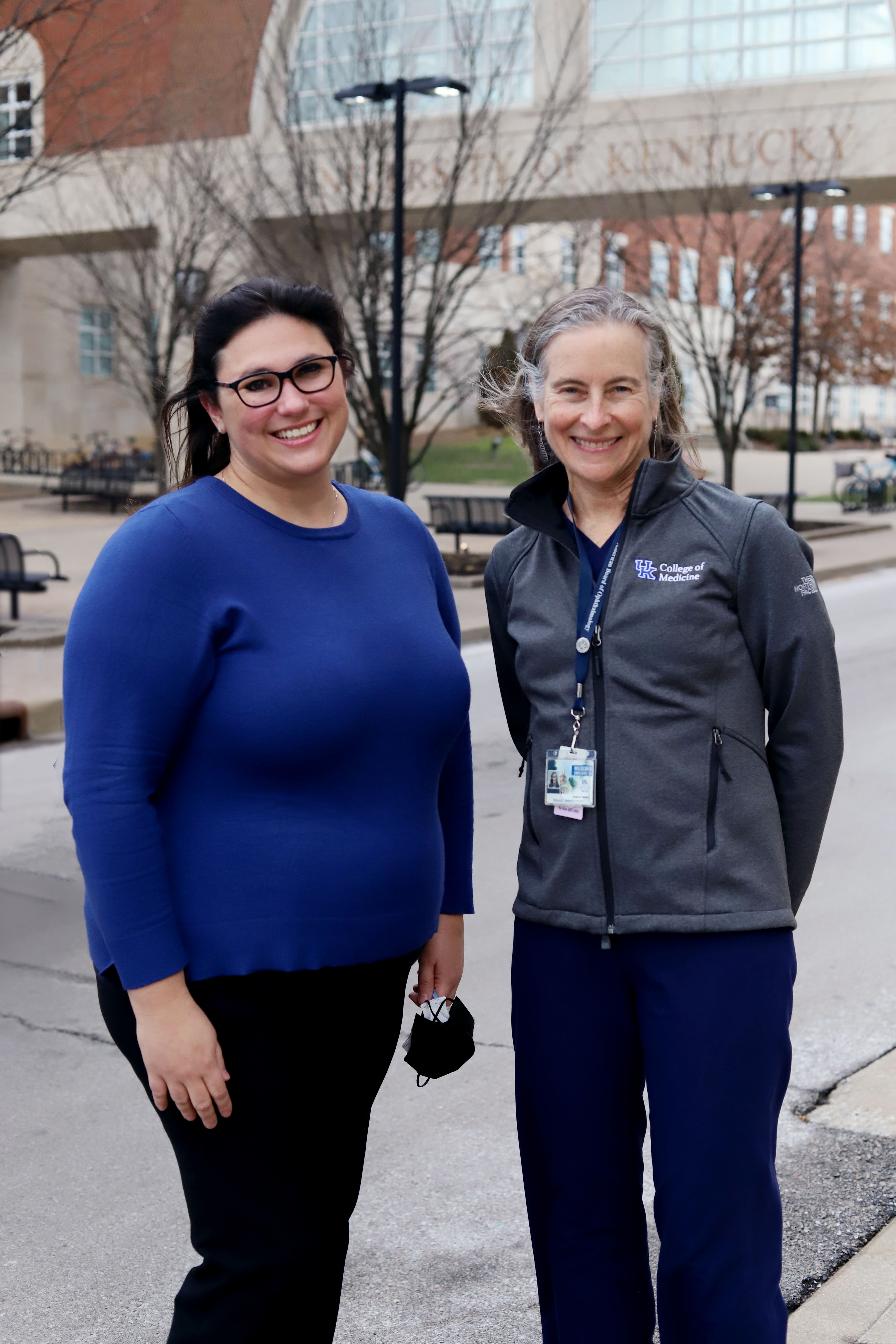
When Elizabeth Rhodus, PhD, was 16 years old, she suffered a near-fatal car accident, which left her with significant injuries that included fractures around her eye socket. Dr. Rhodus had already struggled with eye muscle problems that this accident only exacerbated.
The rural Kentucky native was admitted to UK HealthCare and along her journey, was treated by an ophthalmologist who not only provided her with exceptional care, but who also became an influential figure in her own path to a career in academic medicine.
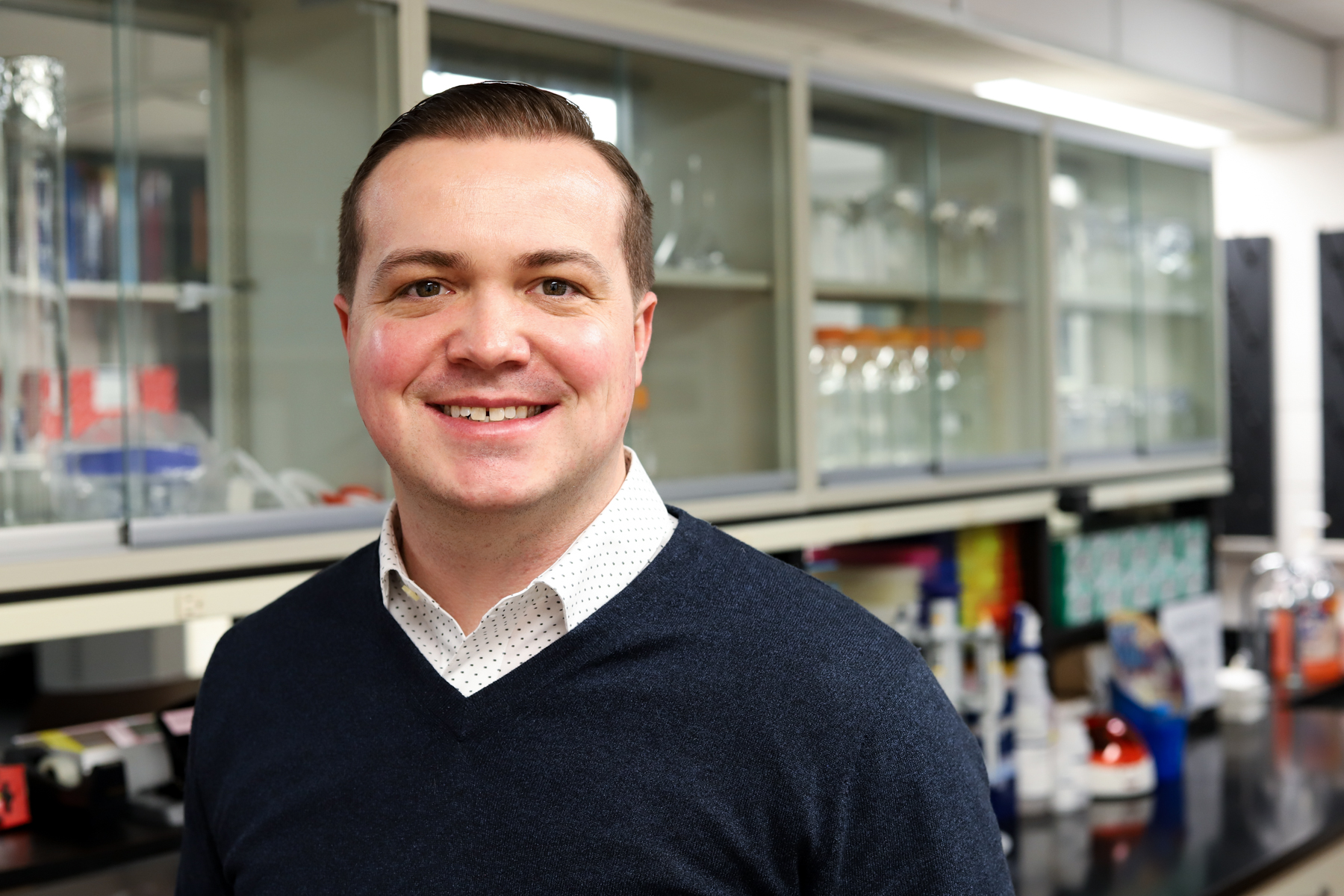
Since he was a graduate student, Patrick Hannon, PhD, has had his eyes set on a prestigious National Institutes of Health (NIH) grant that he knew, if he received it, would enable him to make a tremendous impact in his career goal of advancing reproductive care for women.
Dr. Hannon, now an assistant professor in the UK College of Medicine Department of Obstetrics and Gynecology, was elated to find out that this winter, he achieved his longtime goal.
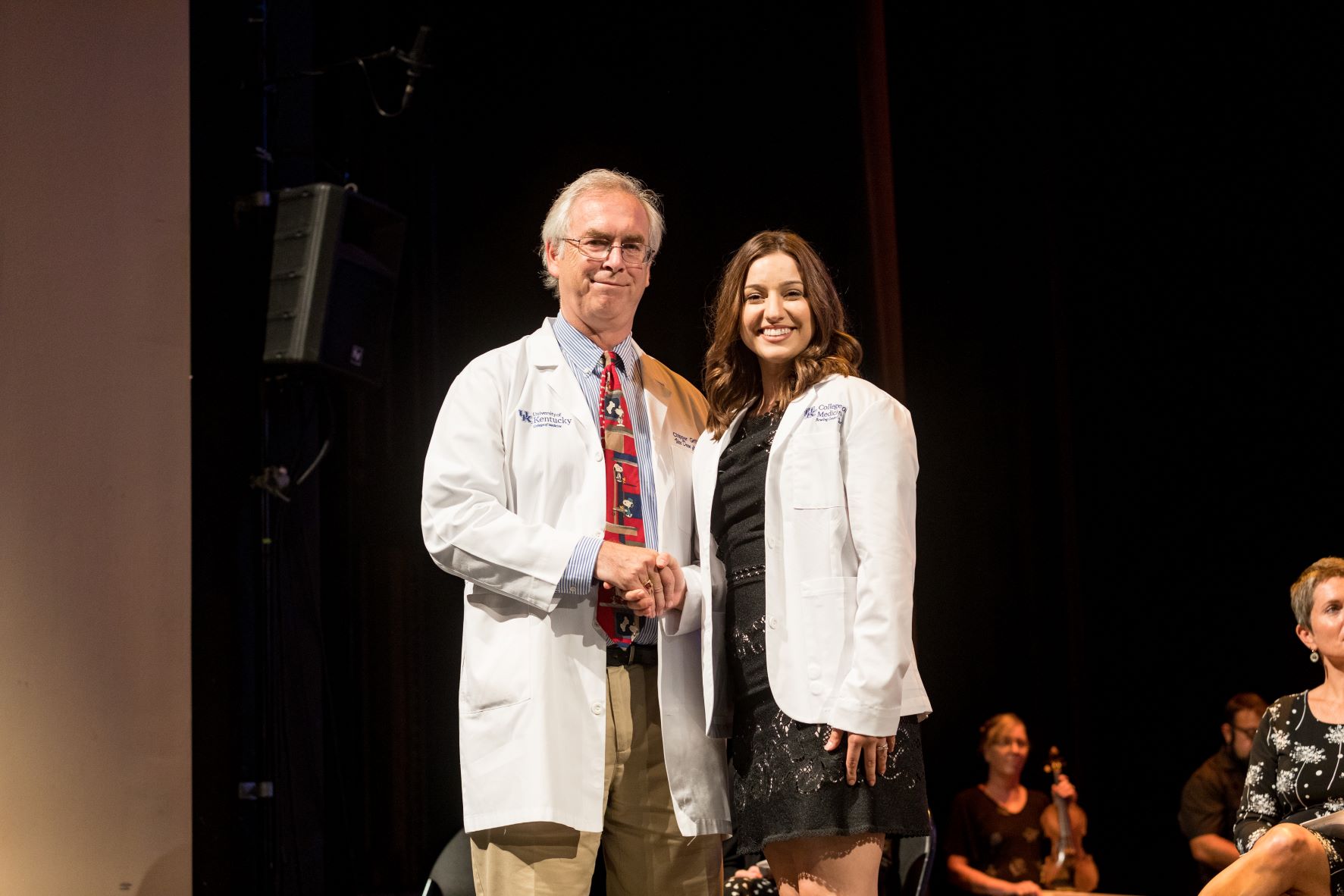
Anna Cox was a couple of years out of college in 2018, a mathematical economics graduate from the University of Kentucky who had just landed a job as a logistics broker, when a moment of tear-inducing pain sent her to the emergency room.
UK HealthCare physicians and staff delivered her with some alarming news – her pain might be caused by cancer.
“Wait, I’m never sick,” Cox thought in disbelief. She was 23 years old without any known health issues and the whole world ahead of her. She didn’t even have a primary care physician. Quite frankly, she didn’t know what to do next.
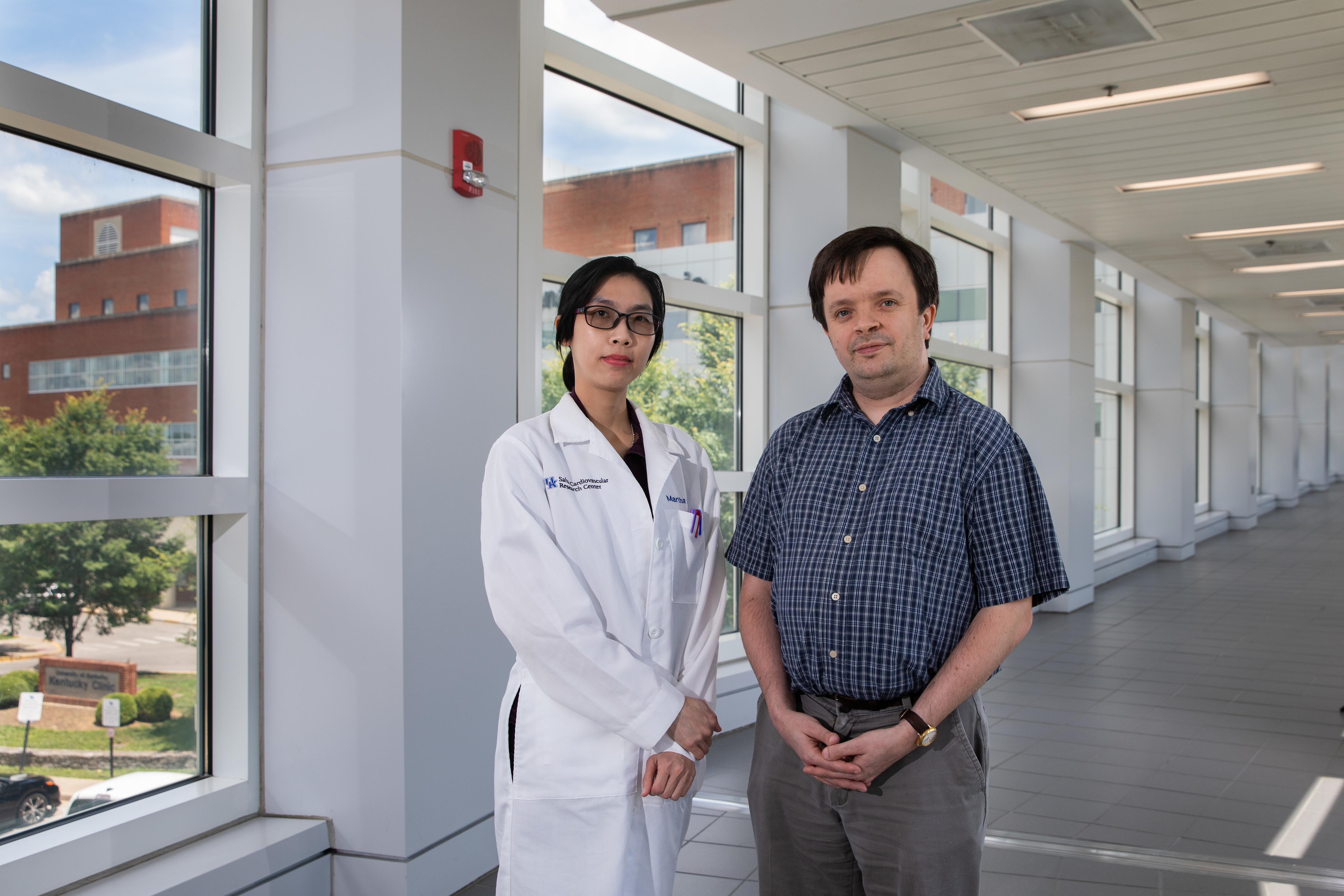
Martha Sim, MD, a graduate student at the College of Medicine, knew it was possible she would witness a pandemic in her lifetime, but she did not expect it to happen so early in her research career. Yet in 2020, COVID-19 spread rapidly across the globe.
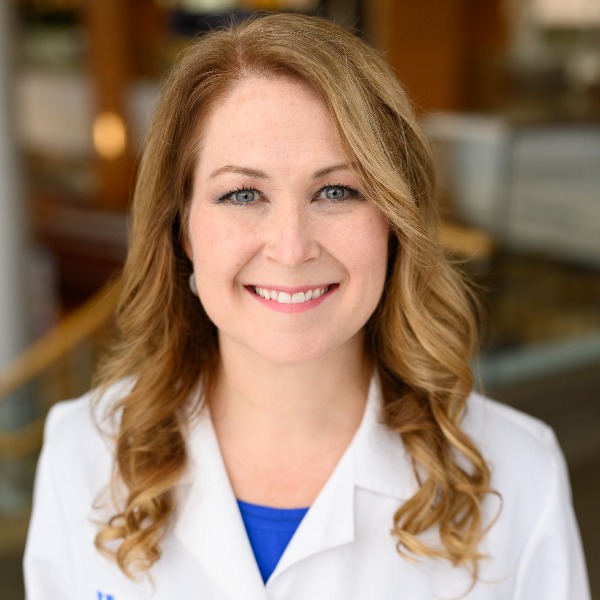
Lindsay Ragsdale, MD, FAAP, FAAHPM, is an associate professor of pediatrics at the UK College of Medicine. For UK HealthCare, she is division chief of pediatric palliative care, program officer for provider experience, and was recently named interim chief medical officer at Kentucky Children’s Hospital (KCH).
In this Q&A, she shares her experience working with her team to build a successful pediatric vaccine clinic at UK, why she feels so connected to Kentucky, and what she cherishes about being a physician and educator.

By the time she became a faculty member at the UK College of Medicine, Susanne Arnold, MD, was arguably more prepared than anyone to treat Kentuckians and educate future physicians.
She was introduced to the medical field early and was surrounded by it. She recalls taking a preserved human brain to show and tell when she was in grade school (which she jokes wouldn’t happen now, though her classmates thought it was pretty cool). In high school, she shadowed physicians in a clinic, and she gained clinical experience observing autopsies before she even started medical school.
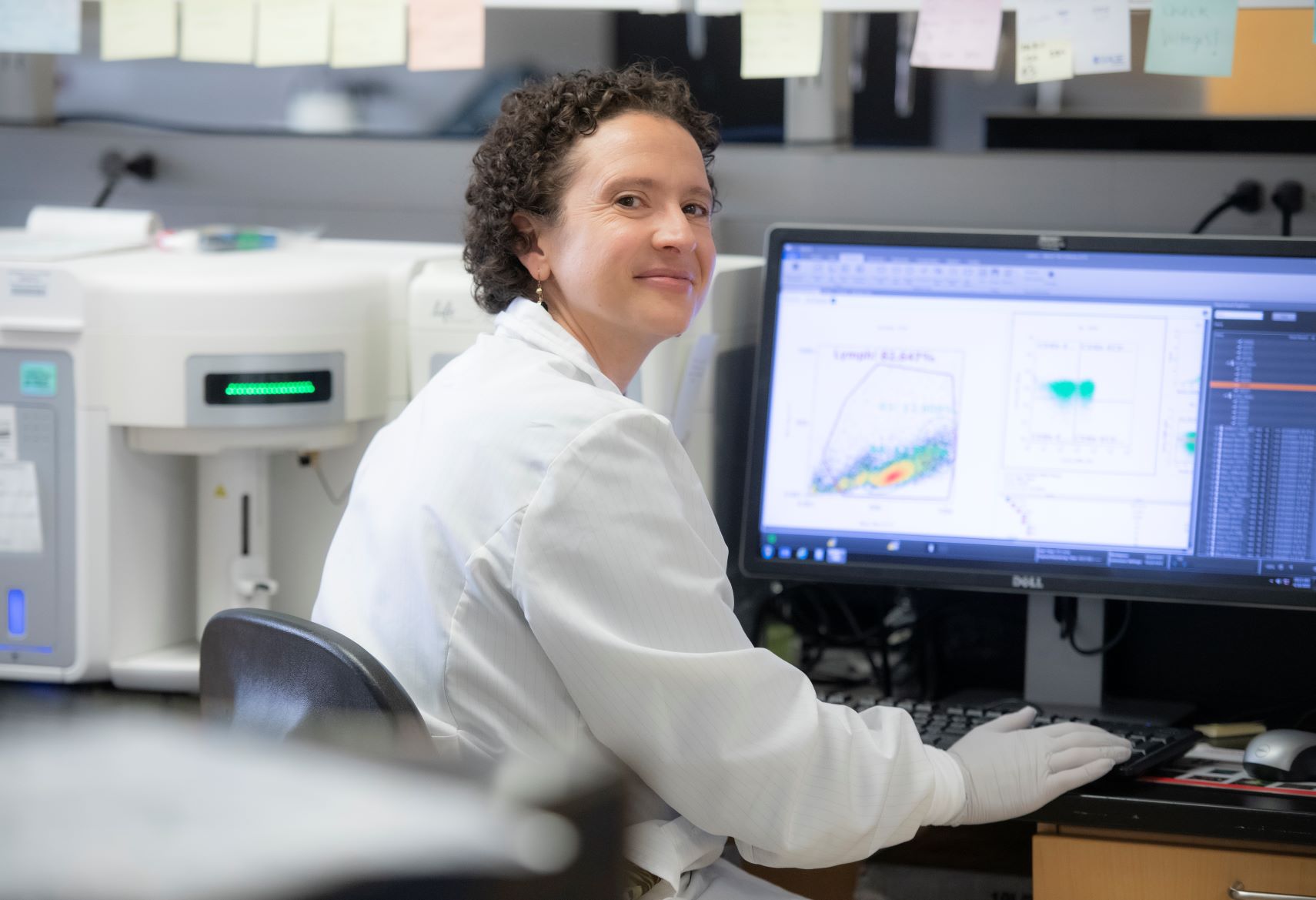
The University of Kentucky College of Medicine recently welcomed Ilhem Messaoudi, PhD, as the new chair of microbiology, immunology, and molecular genetics. She shares more about her work to better understand viruses and the wide range of factors affecting the immune system. She also shares how her research career led her to UK.
Q: Why did you pursue a career in research?
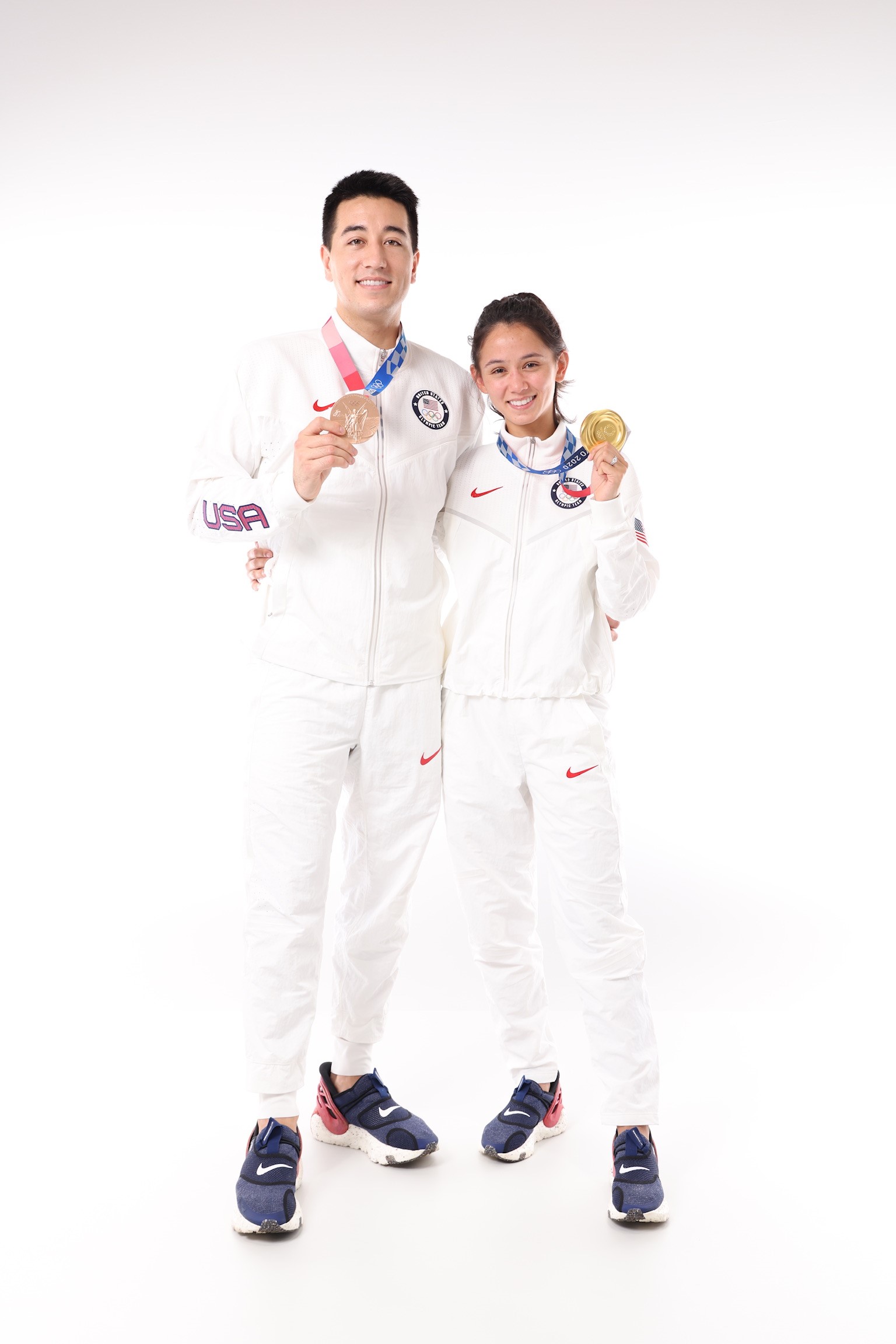
Everything U.S. Olympic fencer Lee Kiefer had been training to achieve came to fruition this summer when she won gold in women’s individual foil at the Tokyo Games. The exhilarating win cemented her into the history books as the first American fencer to medal in the event.
“Luck, preparation, fight – everything came together that one day,” she said.
Kiefer and her husband, U.S. Olympic fencer Gerek Meinhardt, just wrapped up a cross-country trip – San Francisco and New York City – to show their families their hardware. (Meinhardt earned a bronze medal in men’s team foil.)
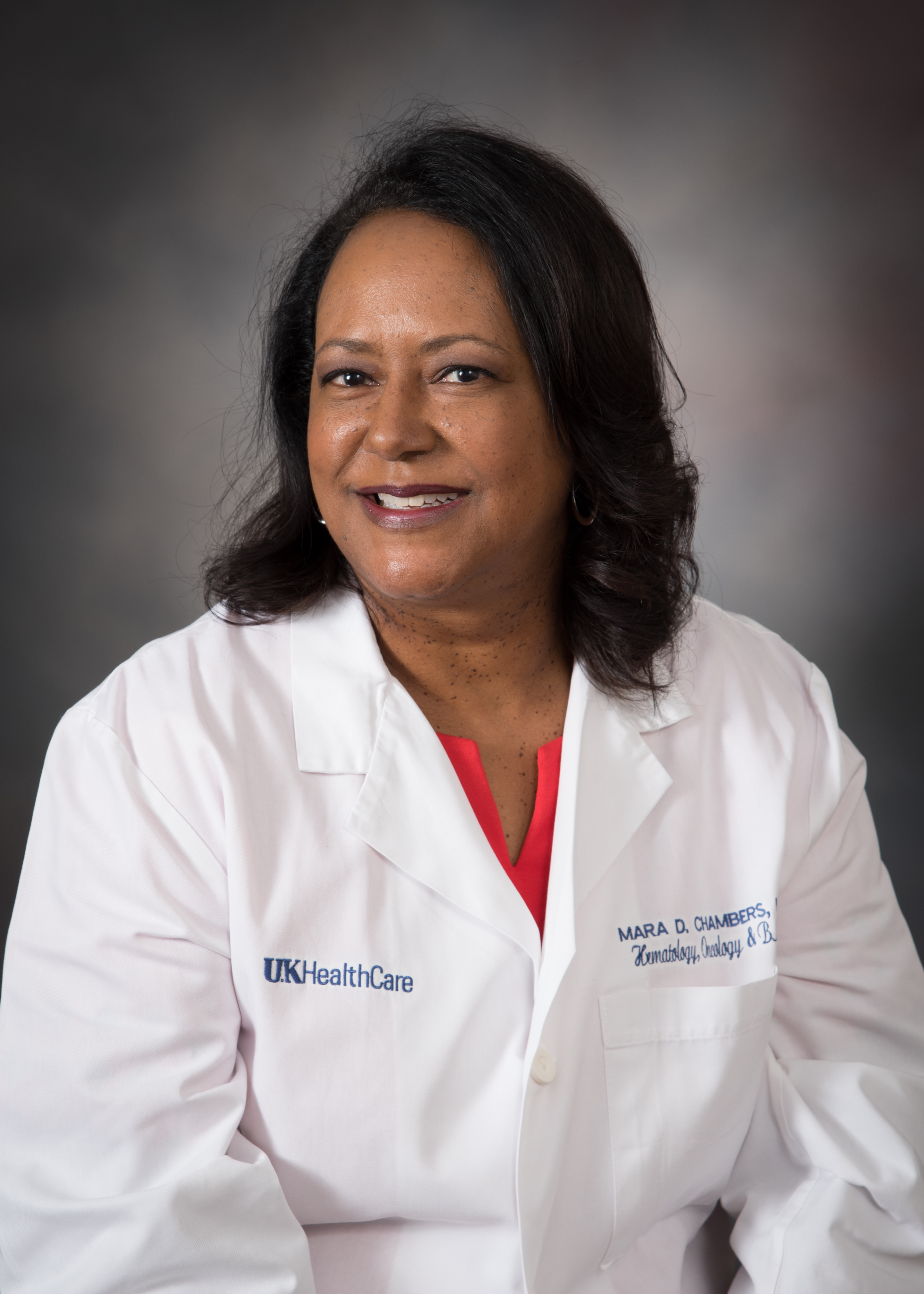
Mara Chambers, MD, is an associate professor of medicine in the division of medical oncology with an interest in breast cancer diagnosis and treatment. She also serves as chair of the Markey Cancer Center’s Clinical Care and Research Team (CCART) for breast cancer and is on the UK College of Medicine Admissions Committee.
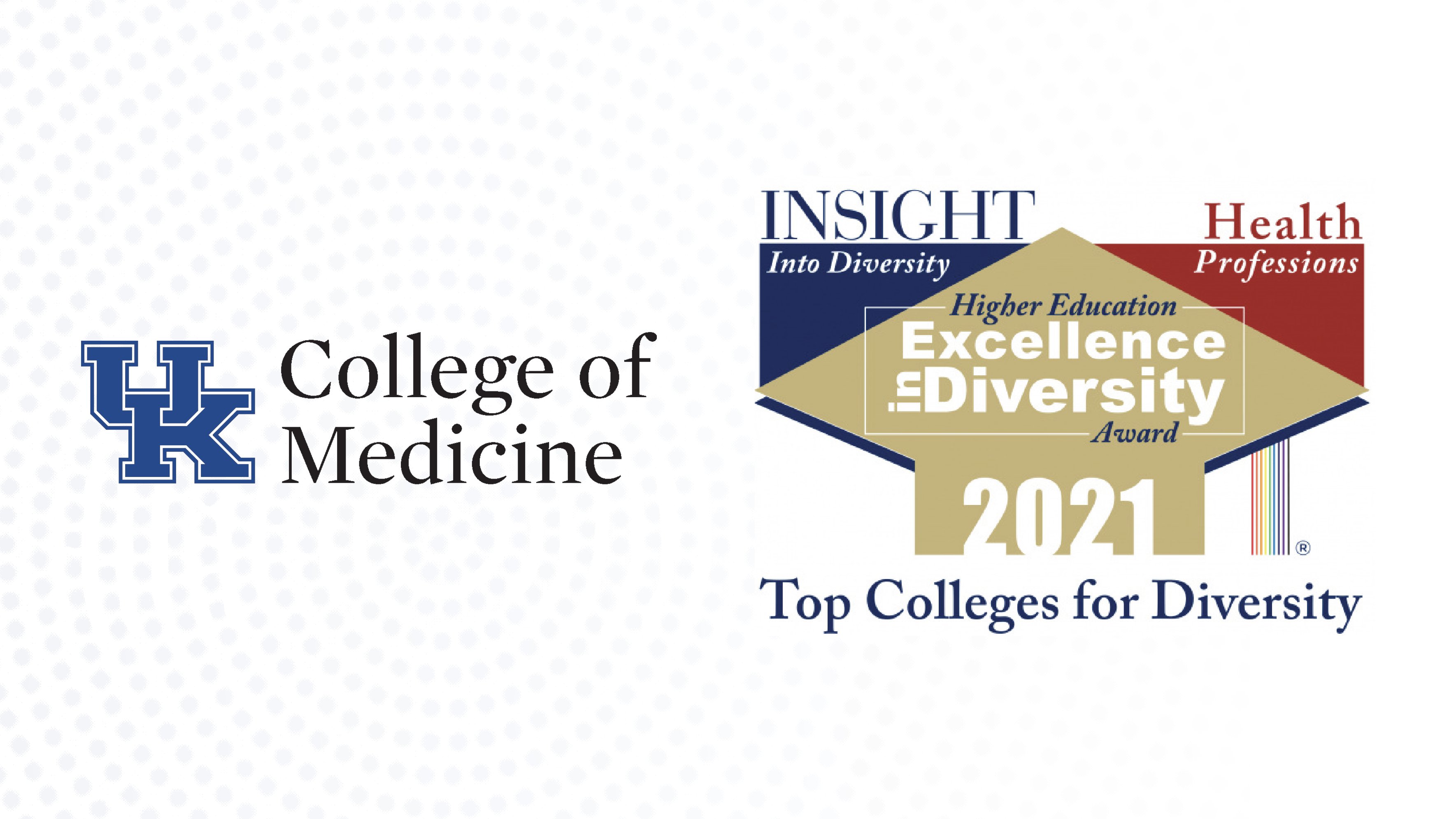
The University of Kentucky College of Medicine has received the 2021 Health Professions Higher Education Excellence in Diversity (HEED) Award from INSIGHT Into Diversity magazine, the oldest and largest diversity-focused publication in higher education.
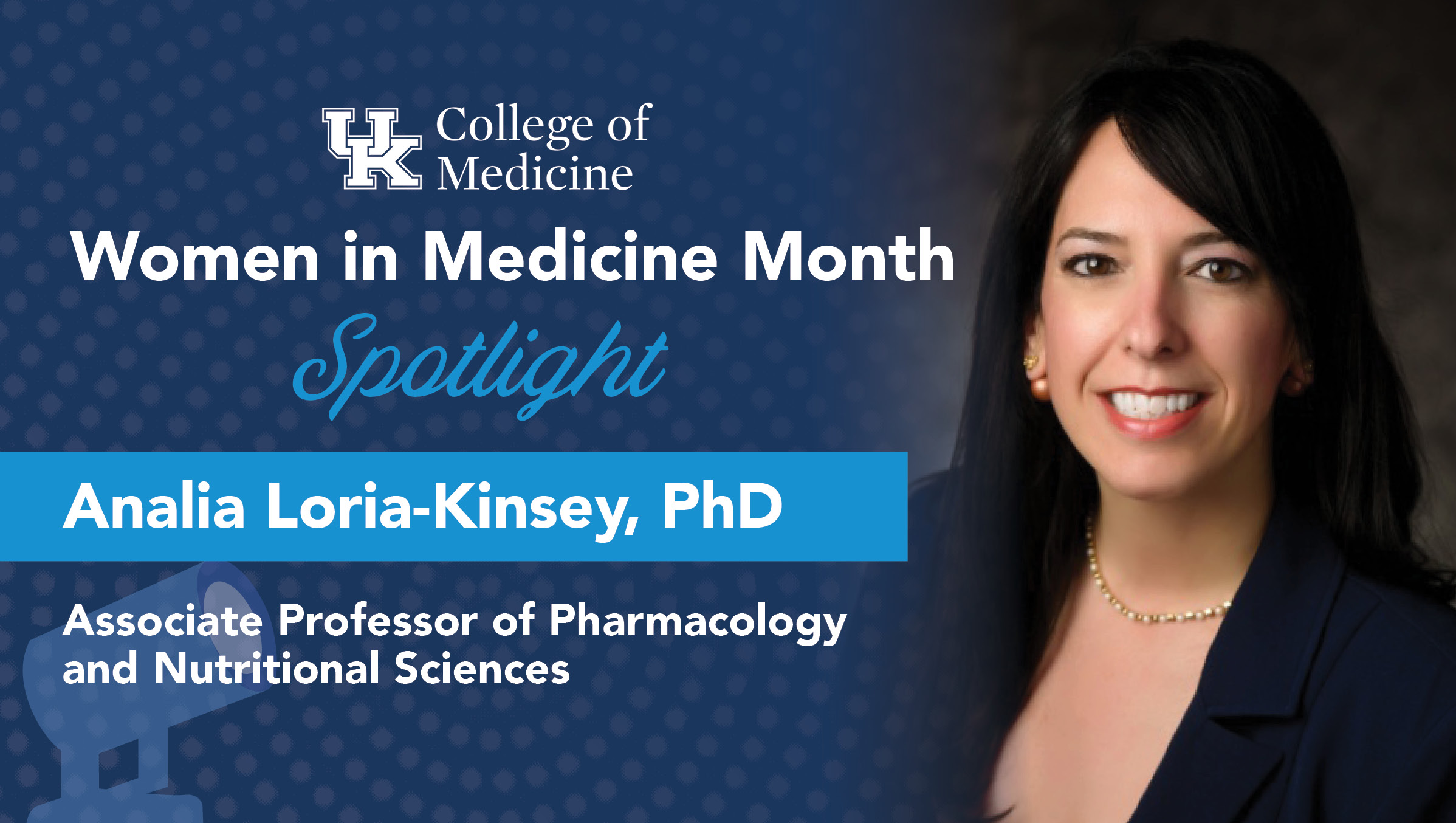
In a Q&A for Women in Medicine Month, Analia S. Loria-Kinsey, PhD, associate professor of pharmacology and nutritional sciences, discusses how she contributes to the College of Medicine and how she prepares the learners she mentors to excel in their careers.
Q: What are your current roles at the College of Medicine, and what do you do?
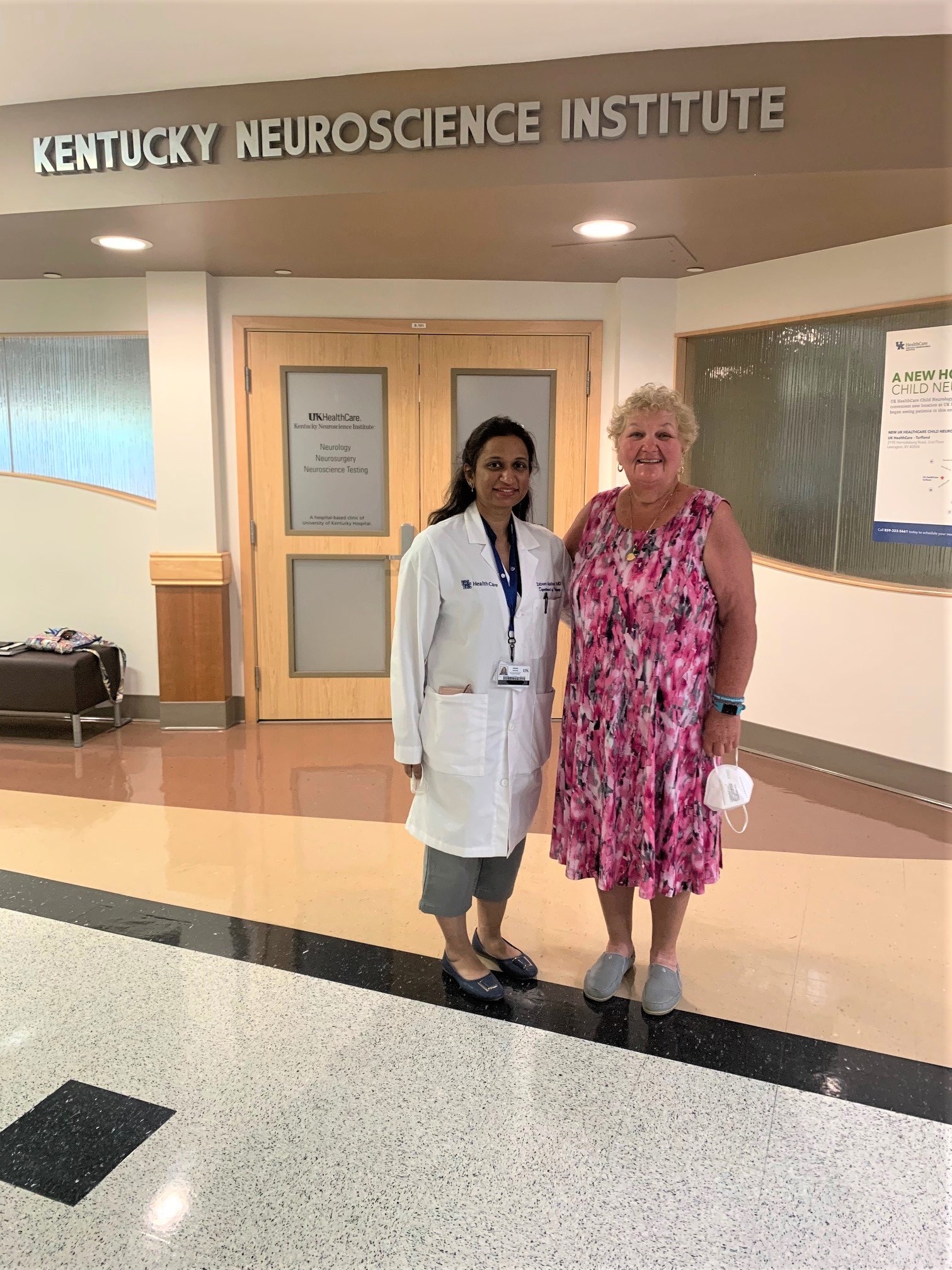
Pamela Branson has been a nurse for 40 years, 35 of those working at the University of Kentucky. After long days treating patients, she always turned to golf as a way to escape the stress.
So, when she couldn’t garner the energy to make it to the course in 2018, she knew something was wrong.
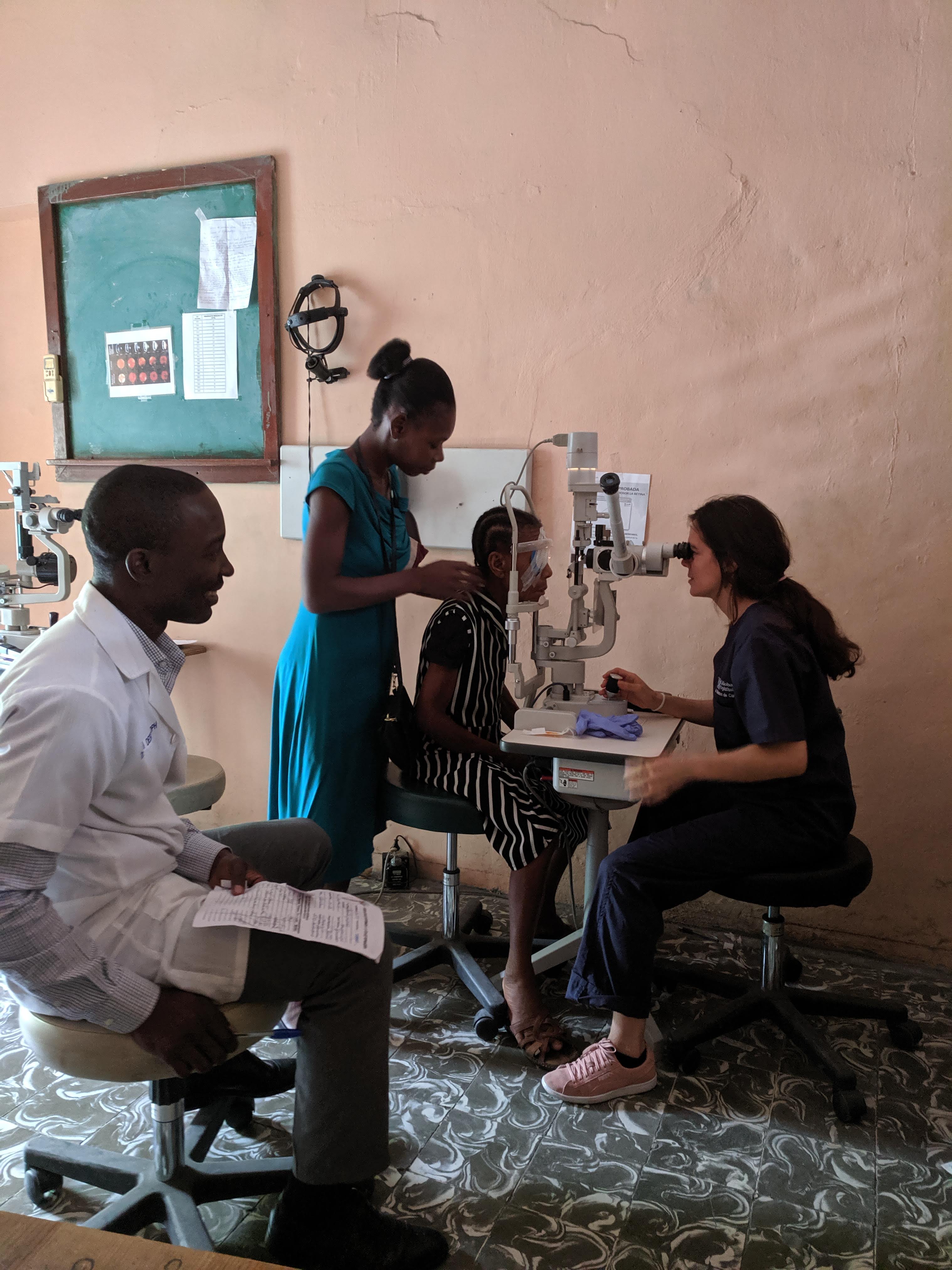
Three weeks following a devastating earthquake in Haiti, the country is still suffering from the harsh effects. Many homes and buildings are severely damaged or have collapsed into rubble. Access to health care is very limited.
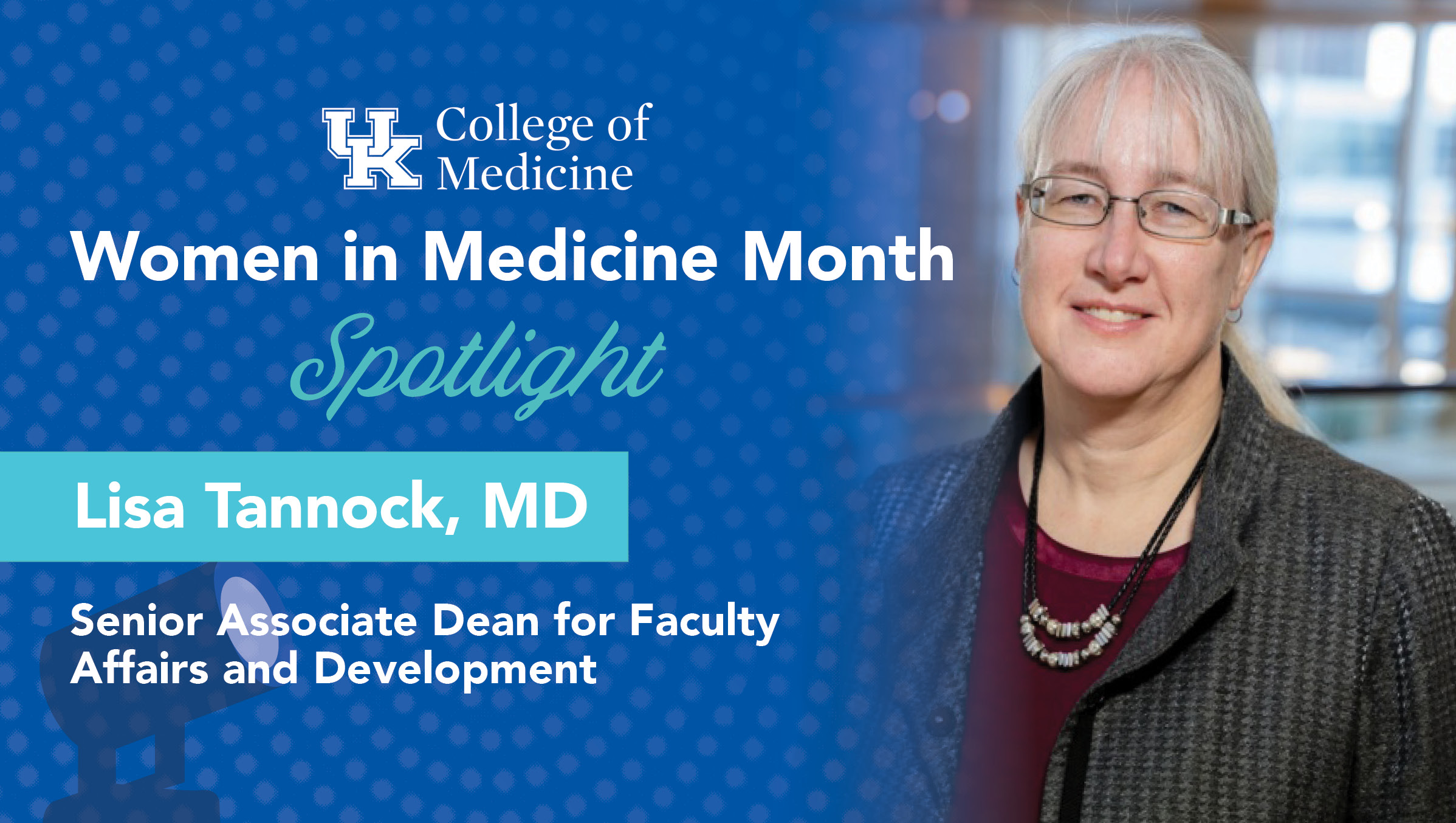
Lisa Tannock, MD, is senior associate dean for faculty affairs and development at the University of Kentucky College of Medicine, as well as a professor of medicine. September is Women in Medicine Month. In this Q&A, Dr. Tannock shares the highlights of her career and the advice she has for the next generation of female physician-scientists.
Q: What are your current roles at the College of Medicine, and what do you do?
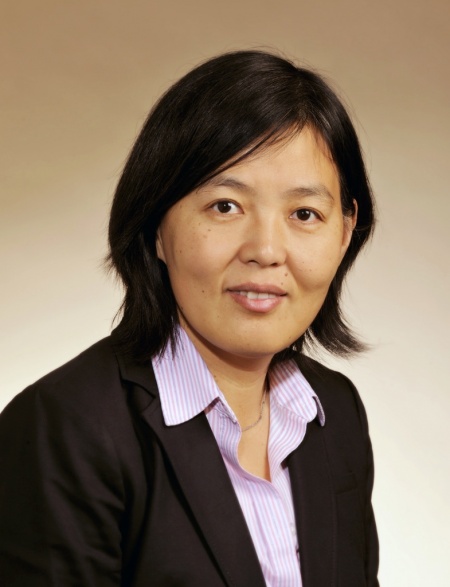
The University of Kentucky College of Medicine is pleased to announce its selection of Tianyan Gao, PhD, as acting chair of the department of molecular and cellular biochemistry.
Dr. Gao has dedicated more than a decade to the UK College of Medicine as an educator and researcher, mentoring several students, post-docs, and residents over the years while obtaining substantial funding from the National Institutes of Health and other major organizations.
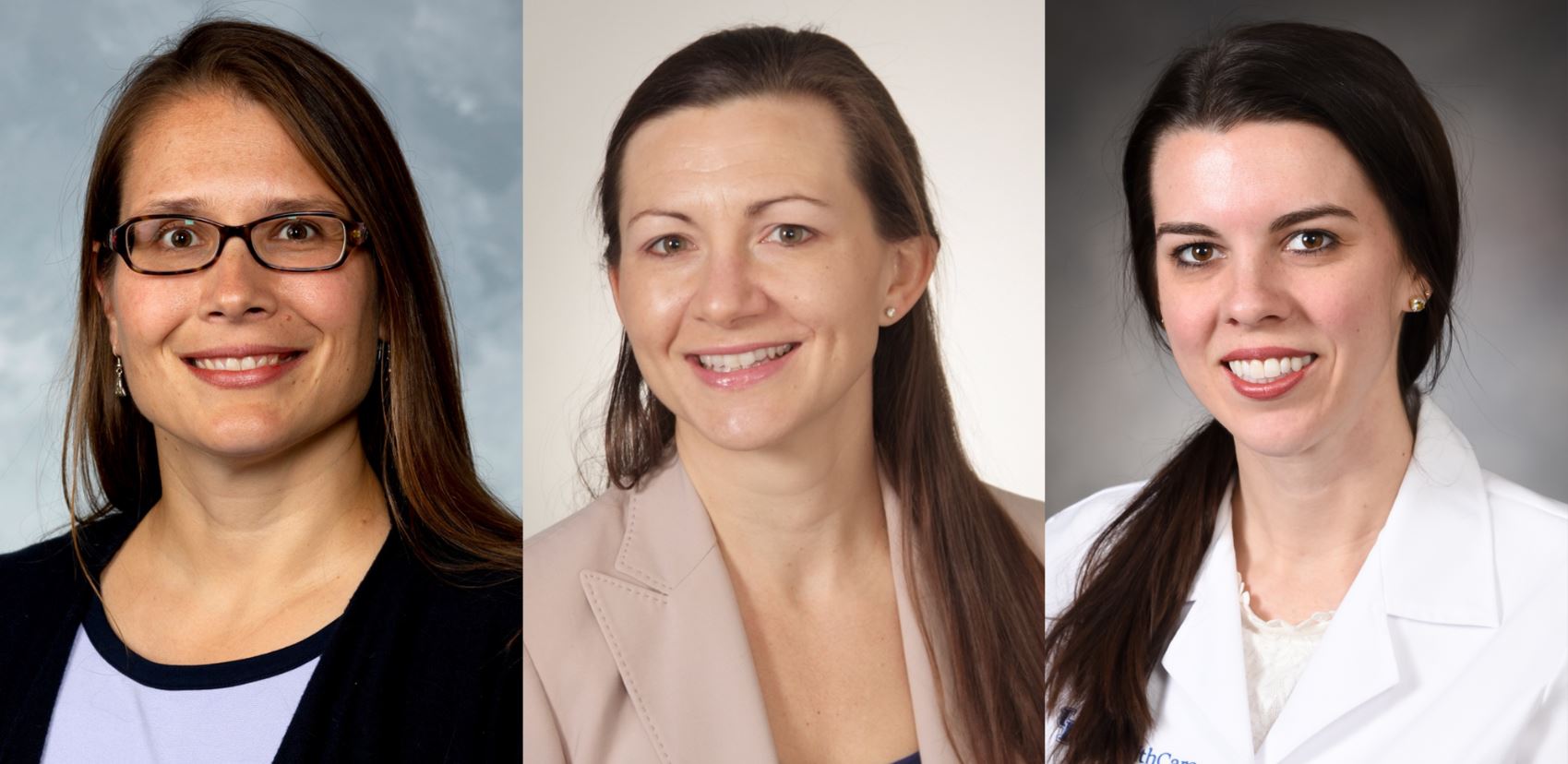
As part of the Office of Graduate Medical Education’s continued expansion of its graduate medical program opportunities, the University of Kentucky College of Medicine and UK HealthCare have established a new residency program to equip medical trainees with the necessary knowledge and experience to best treat Kentucky patients with both medical and psychiatric needs.

Women in Medicine and Science (WIMS) would like to recognize the following recipients of the inaugural WIMS booster awards, which sponsor research, education, and clinical projects from faculty and students in the college:
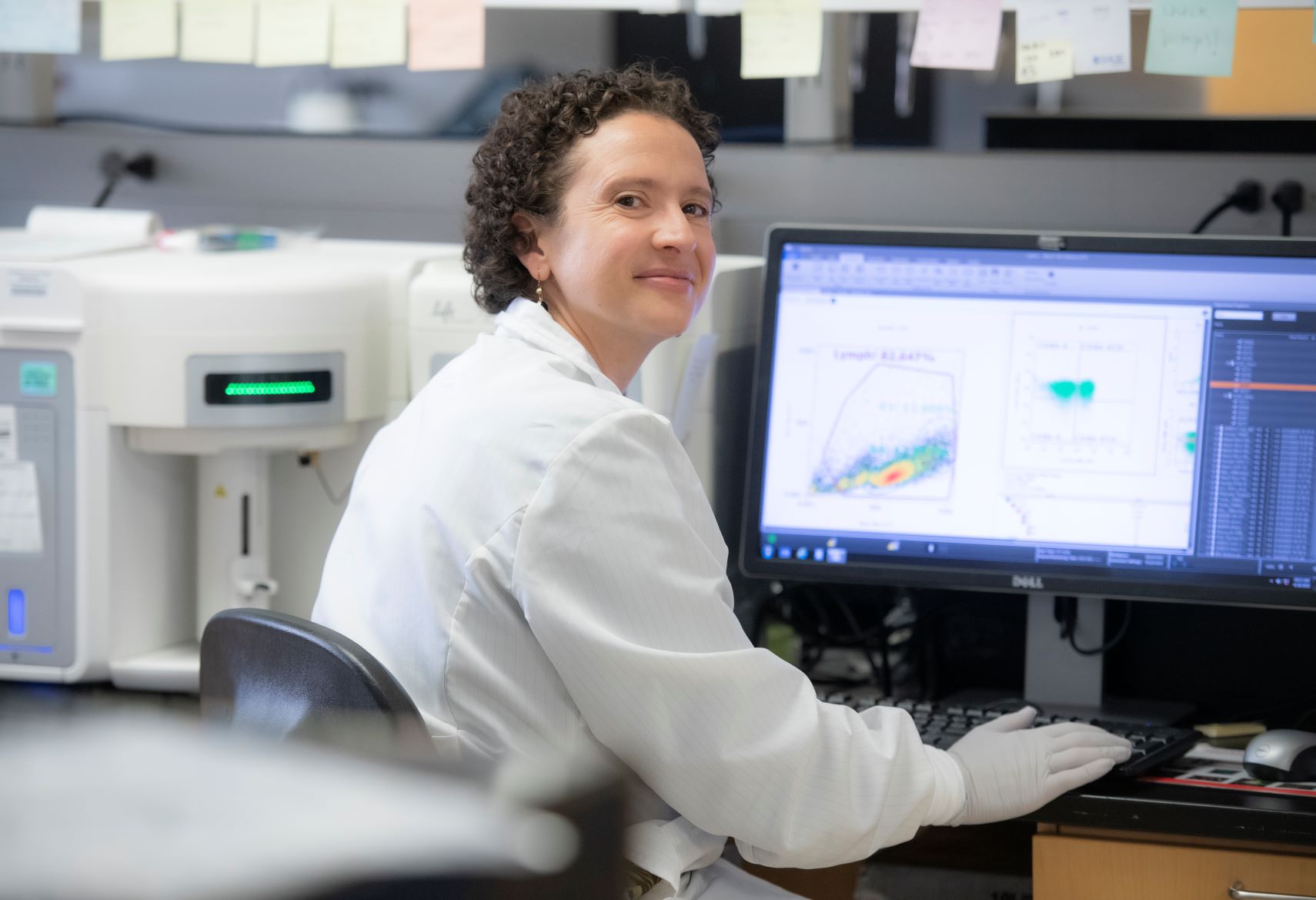
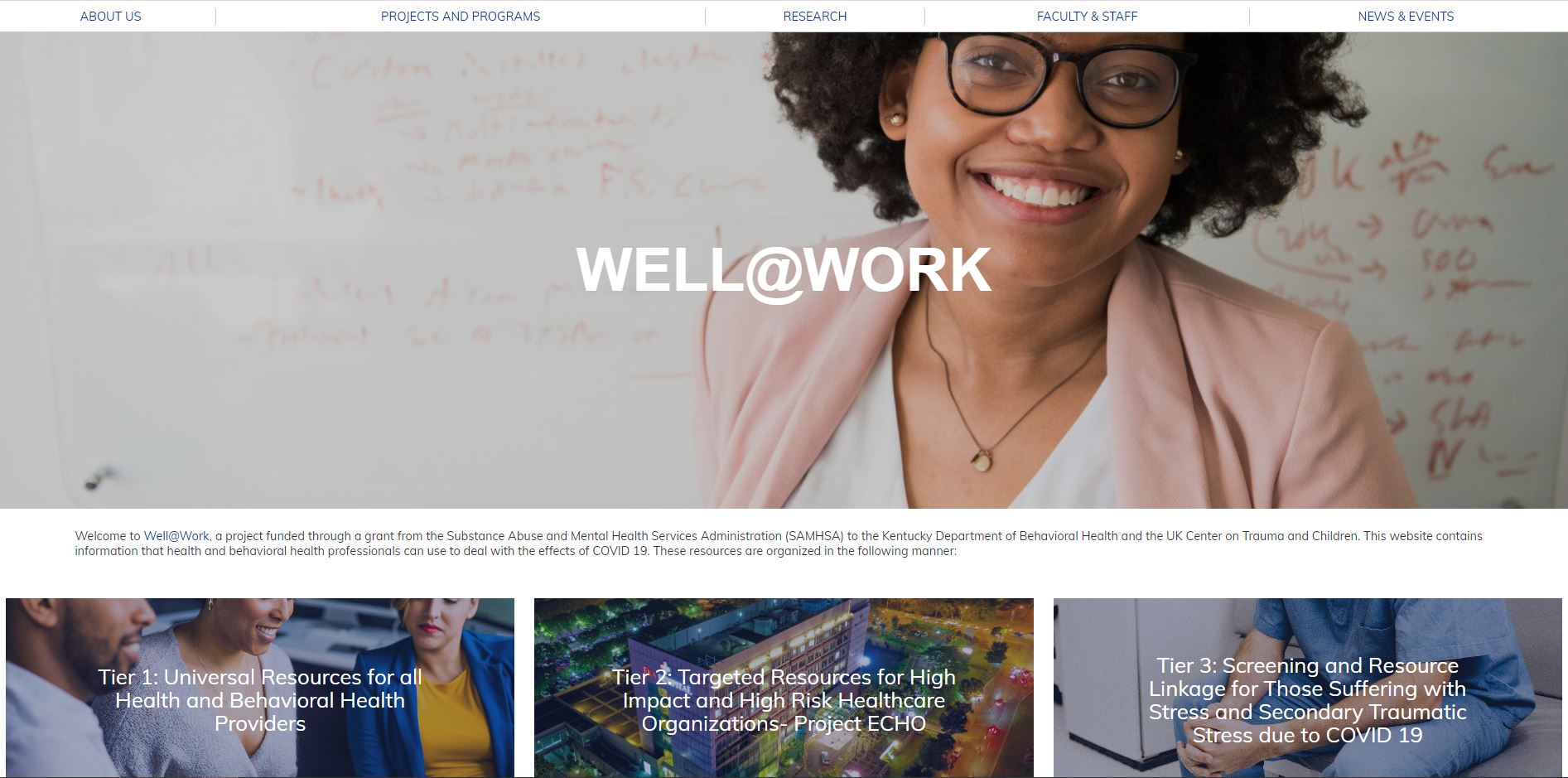
Through the course of their profession, health care workers will face a variety of direct and indirect trauma, from hearing traumatic stories or witnessing effects of trauma on others to coping with death on the job. COVID-19 has only intensified these effects.
In response to the growing needs resulting from the pandemic, a project designed by the University of Kentucky Center on Trauma and Children (UK CTAC) is providing assistance and support for individuals and organizations dealing with the toll of COVID-19 on workplace well-being.